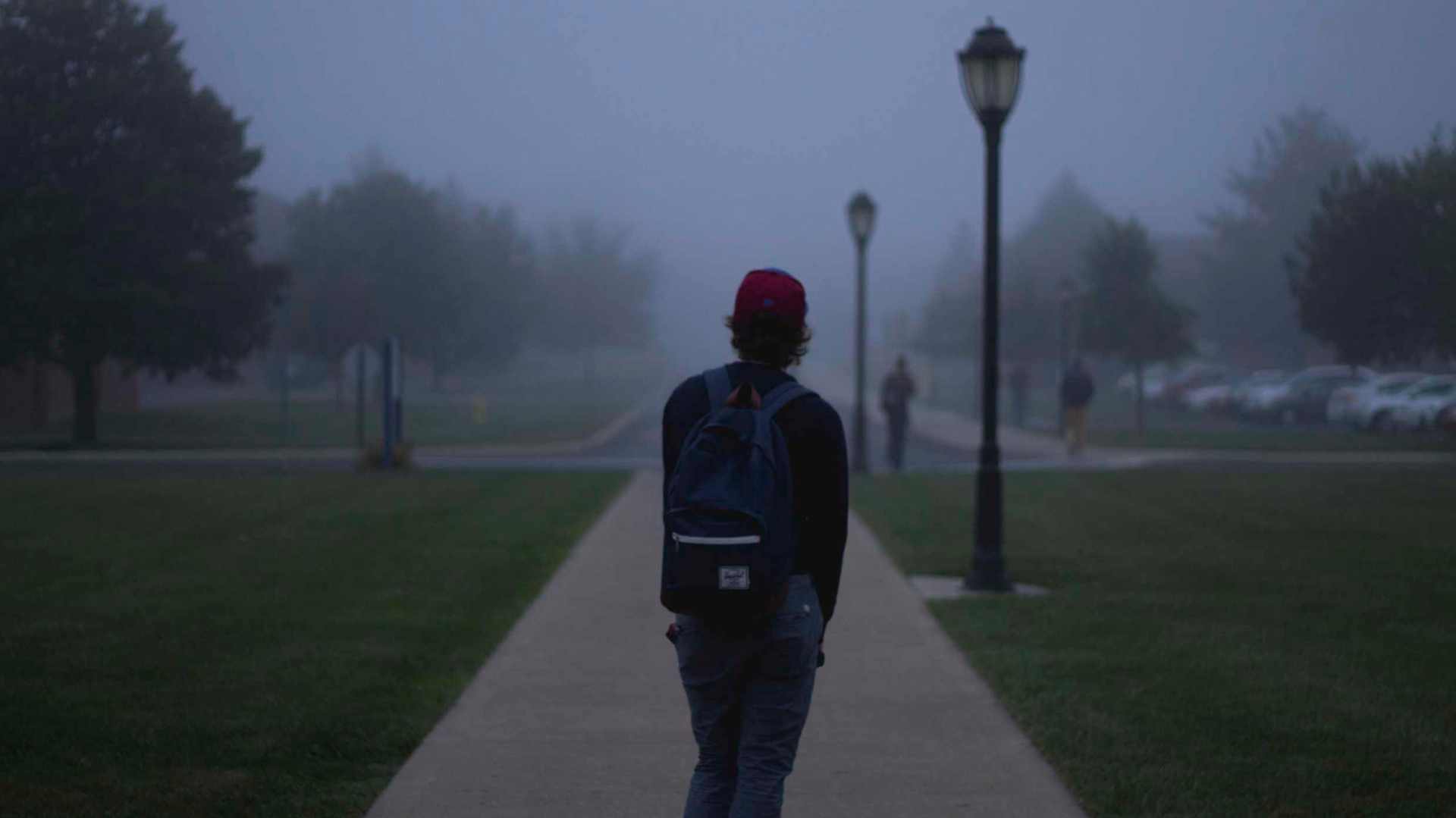It’s no secret that many young people stop attending church during their college years. In fact, according to a 2014 Lifeway Research study, as many as 70 percent of young adults who are regular church attenders in high school eventually “drop out”—and while a small majority end up returning later in life, many churches still miss out on the opportunity to disciple them through early adulthood.
Dean Inserra is trying to change that. In 2007, Inserra moved back to his hometown of Tallahassee to plant a church with a handful of Florida State University students in the living room of his parents’ home. Today, his City Church is the fastest growing church in Tallahassee, thanks in large part to Inserra’s laser-sharp focus on campus ministry. Recently, Dean sat down with The Local Church to discuss the trend-bucking ways City Church is approaching campus ministry at Florida State.
When you planted City Church in your living room, did you envision a church that specifically targeted college students?
I believed the college campus is the largest mission field in our city and the "10/40 Window" of America. We didn't want a church of exclusively college students, but rather a church of all ages that was passionate about reaching the campus. In the early days, though, people weeded themselves out quickly; they’d walk in and say, "Ugh, look at all these college students." Instead, we built the church with people who would say, "Wow, look at all these college students!"
I think people aren't used to seeing so many college students at a church gathering. A church has to keep casting the vision that the campus consists of the largest amount of unreached people in the city. When it clicks, the adults and families will want it no other way. Today, if we stopped prioritizing and reaching college students, our church would revolt.
How does the City Church approach differ from traditional college ministry approaches?
Our evangelism strategy is relationships: Open your eyes to the people already in front of you at work, in the dorm, and on your baseball team. Creating Christian alternatives is not how we operate; our students are encouraged to be as “in the world” as possible while maintaining Christian distinction. We believe that non-Christians are only going to come to church on the arm of a trusted friend. We never ask, "Will this idea will attract unbelievers?" Why would an unbeliever be attracted to church? Instead, our goal for every church member is to see Tallahassee as a mission field and themselves as missionaries.
Why is it so important for your church to be embedded in the culture of the university?
Christians are people who should follow Jesus into the world, and the campus is where much of the life in our city happens. We appreciate and work with college campus ministries, but what we’ve found is that there is a tendency to create holy huddles that function as youth groups for college students. We have zero interest in that approach. We want our students joining sororities, playing intramural sports, going to lunch with people in their dorm, and being in the center of college life.
If you are a student at Florida State, you know of someone who calls City Church their home, because our students are everywhere. It isn't through programs or "outreach" events, but by being part of everyday campus life. That's how long-term impact happens.
One of the axioms for preaching to and teaching college students seems to be a de-emphasis on some of the more difficult implications of the gospel, such as sexual ethics, etc. But you've not shied away from those. Why?
We want to answer questions people are actually asking. The whole world is talking about sexuality, gender, and other ethical issues, so why wouldn't the church? Much more importantly, the Scriptures are clear on God's design, and we want to be clear where God is clear. We recently concluded a sermon series on predestination and effectual calling, immediately followed by a series which covered gender, divorce, and homosexuality. During the two months we spent in those sermon series, we saw the church grow.
Conviction and clarity matter. It is an urban legend that to see a church grow in reaching young people means to accommodate the people in the seats, rather than challenge them to leave their church chairs after the service is over and live out a worldview that is based on their conviction concerning the Scriptures and the gospel.
You've also approached college ministry by assimilating students into the life of the church, as volunteers and leaders. Why is this approach so important?
We need churches that are engaging the next generation and connecting them to a local church. We place high expectations on our students and treat them the same as any other church member. They respond, serve their church well, and connect with families to the point that many want to stay in town after they graduate because of the relationships they've built in the church. I believe the local church is God's "Plan A," so why would we present any other plan to college students?
As your church matures and college students marry and have children, how has this impacted the culture of your church?
It is how our church originally established roots and moved behind being a glorified college ministry into a truly multi-generational church. It also maintains an urgency, as we all grow older, to continue prioritizing the campus. When you remember your own story of when you connected to Christ and the church, there will be a heart for those living in the life phase you were in at that time where it all clicked. It is easy to get a church excited about college students when the same church reached you as a college student.









